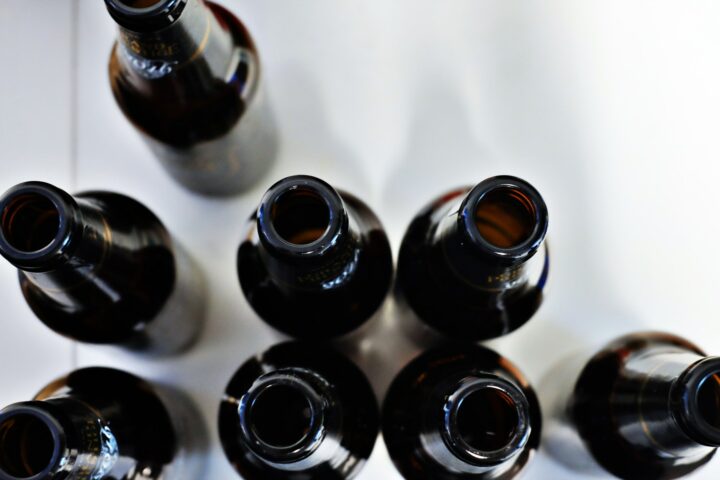Alcohol consumption is considered a major risk factor for disease and mortality worldwide. Current therapies in alcohol use disorders (AUD) have limited efficacy, produce several adverse effects and present high rate of relapse.
The presented invention describes the use of the endogenous neuropeptide GAL (1-15) as a treatment for AUD. Its mechanism of action is related to the involvement of GAL (1-15) with the corpus striatum, which is a key region linked to the drug reward system. Furthermore, this invention has shown many important benefits against the use of other drugs for the treatment of AUD as it rapidly decreases the preference and the alcohol intake; it causes the suppression of the rewarding circuit, which may reduce the consumption of other substances that are taken with alcohol; this could also be used for the prevention and/or treatment of alcohol-related effects and disorders. Moreover, the dose required is very low and since it is an endogenous substance, no side effects are expected.
This technology is currently at discovery stage and its effectiveness has been proved with male Sprague-Dawley rats using intracerebroventricular microinjections of GAL and GAL (1-15) and the two-bottle choice test in which it has been measured the voluntary ethanol consumption and preferences. The represented university has patented this technology in EU and US and is looking for a collaboration that leads to a commercial exploitation of the presented invention.
Institution: Universidad de Málaga
TRL: 2-3
Protection status: Patent application
Contact: Vicente Barberá / vicente@viromii.com

